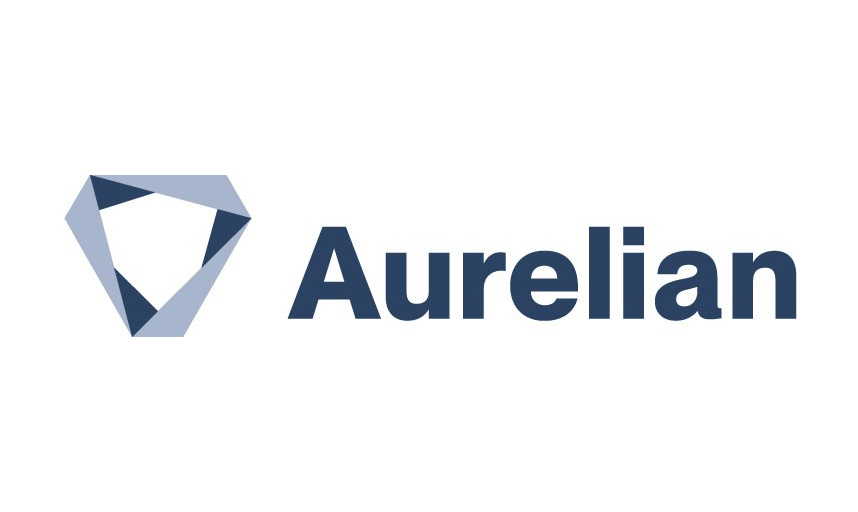Now, its mission is to use artificial intelligence to handle non-emergency calls for 911 centers. Aurelian raised $14 million in a Series A funding round to help more emergency communications centers (ECCs) in the United States, according to a Wednesday (Aug. 27) press release.
Aurelian CEO and co-founder Max Keenan said in the release that understaffing and increased responsibilities “have made ECCs overextended and overworked.”
“At Aurelian, our sole purpose is to help them best serve their communities,” Keenan said in the release. “911 call-takers are trained to handle emergencies, not parking complaints. Aurelian reduces burnout and helps telecommunicators stay focused on the most critical situations.”
Launched in 2024, Aurelian’s system serves nearly 5 million Americans, automating an average of nearly three-quarters of non-emergency calls for customers, handling things like noise complaints and parking violations without having to involve human dispatchers, according to the release. This saves each dispatcher three hours a day on average.
Dispatcher jobs have some of the highest turnover rates in the country, TechCrunch reported Wednesday. These workers are often asked to put in overtime, with 12- or 16-hour workdays common in some places.
“The reason why we’re most focused on 911 is because it’s the industry that has this pain point most acutely,” Keenan said, per the report. “We think that these telecommunicators should have a chance of taking a break or go to the bathroom.”
Meanwhile, many companies are employing AI to take on customer service roles.
For example, Airbnb said in May that half its users were turning to its AI bot to handle customer service issues.
Salesforce CEO Marc Benioff said in June that AI was handling 30% to 50% of his company’s engineering, coding, support and service work.
“All of us have to get our head around this idea that AI can do things that before, we were doing, and we can move on to do higher-value work,” Benioff said.
The “digital labor revolution” led by AI tools will add up to $3 trillion to $12 trillion of digital labor, including AI agents and robots, he said.
For all PYMNTS AI coverage, subscribe to the daily AI Newsletter.

